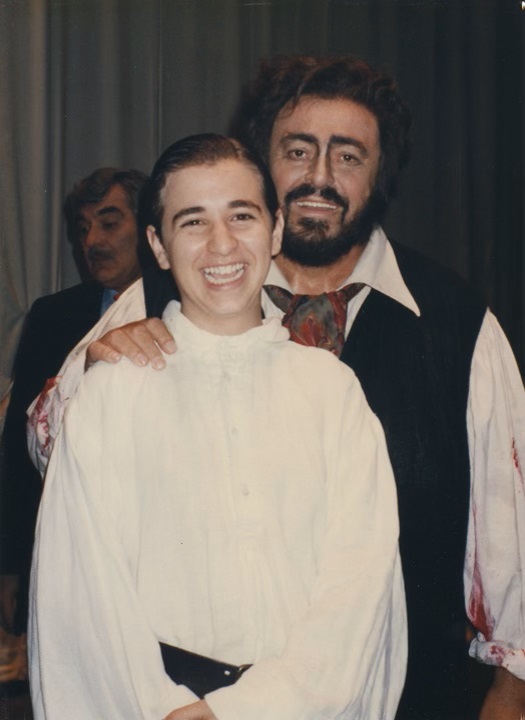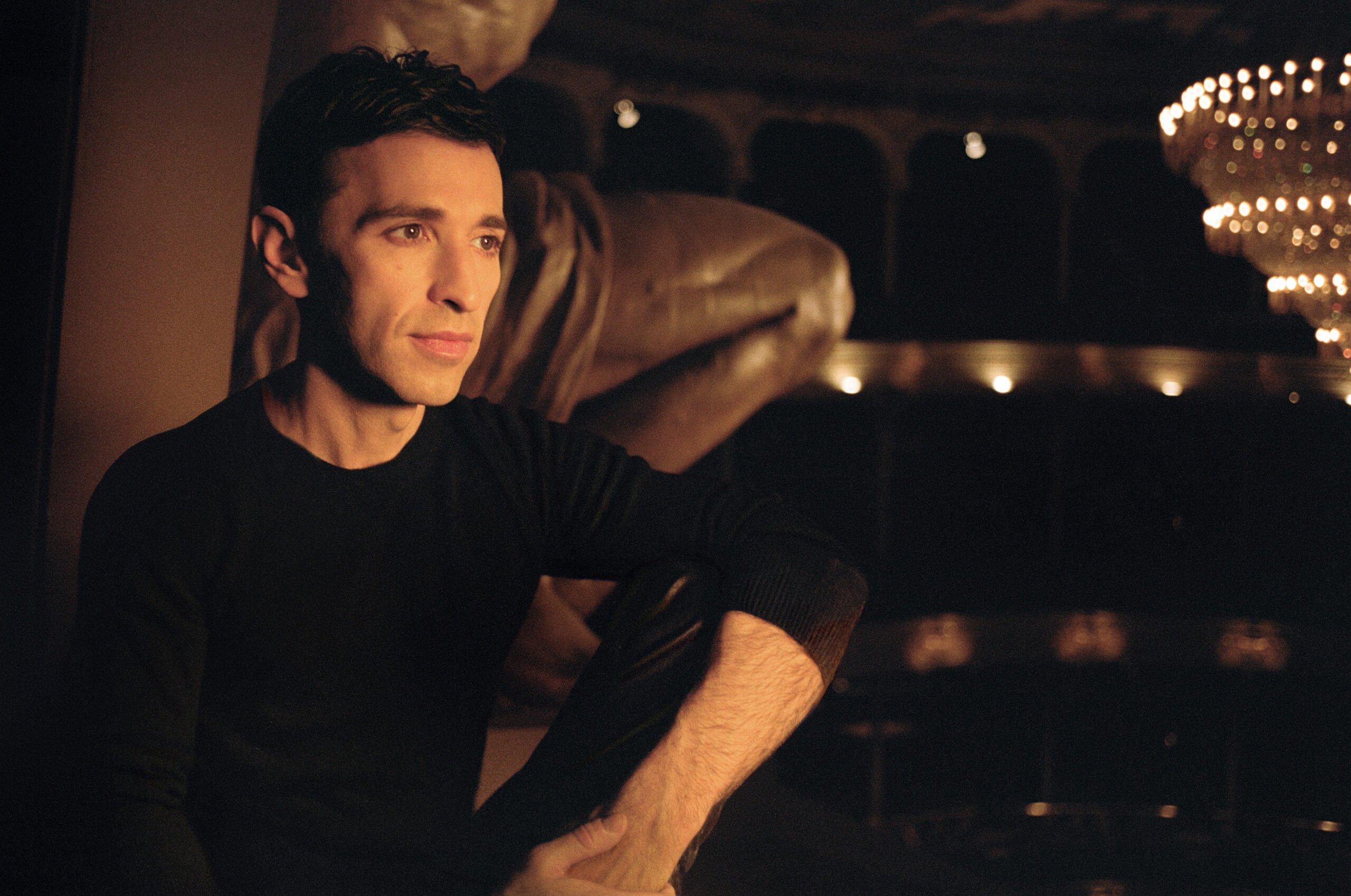Opera Philadelphia announced on April 25 the appointment of Anthony Roth Costanzo as the company’s seventh general director and president.
Costanzo, 41, begins his tenure on June 1. He succeeds David Devan, who will retire in late May after 18 years with the company, including 13 years as general director. Both Costanzo and Devan are openly gay.
Known for his active career as an operatic countertenor, Costanzo has appeared at many of the world’s leading opera houses, including the Metropolitan Opera, San Francisco Opera, Lyric Opera of Chicago and English National Opera. He has a long professional association with Opera Philadelphia, going back to his days as a child performer.
“The first time I sang at the Academy of Music was in 1996, with Luciano Pavarotti,” Costanzo told PGN. “It was one of my first experiences in opera. I remember standing behind that curtain and hearing the audience going wild, and Pavarotti pulled me out with him onstage. Looking back, I realize this was an audience he had single-handedly brought to opera.”
After graduating from Princeton University in 2004 and launching his own career in earnest, Costanzo returned to Opera Philadelphia in 2009, singing the gender-bent role of Artemis in Hans Werner Henze’s “Phaedra.” But it was an experience almost a decade later that offered the first suggestion of his future not just as a singer, but as a hands-on producer within the medium.
In 2018, Costanzo staged the world premiere of “Glass Handel,” a curated evening based on the music of Philip Glass and George Frideric Handel, at the Barnes Foundation, as part of Opera Philadelphia’s Festival O18.
“At the time, it was the biggest thing I had ever produced,” Costanzo said. “People always say, ‘What do you mean, produced?’ It means that I put all the budgets together. I put the creative team together, conceived the whole thing, and also drove the U-Haul truck with the whole set in it to Philadelphia.”
Costanzo is not the first singer to take on a managerial role within a company. Beverly Sills ran New York City Opera for a decade after her retirement from the stage. More recently, the soprano Christine Goerke has balanced a thriving career with duties as associate artistic director of Detroit Opera. Costanzo intends to continue his singing career in addition to his new responsibilities in Philadelphia.

The hiring process was straightforward, according to Costanzo. “I spoke to some members of the board that I know, and they floated whether I would be interested in applying,” he said. “As you can tell from my career, I have always been trying to push the boundaries of opera, in part because I don’t want it to be static. I’m always asking what’s the biggest impact I can have. I’ve learned more and more that being a curator and a producer allows me to sing with many voices, and to exert more change. Being immersed in the art form itself through my daily practice and then being able to imagine its future require a great deal of creativity.”
Although he noted that opera singers “never live anywhere,” Costanzo looks forward to setting up house in Philadelphia. “Every time I’ve spent in Philadelphia — and it’s months at a time when you’re preparing operas — I just loved the city. I love everything about it, and I’m excited to discover more. Having an actual place to live there will be thrilling for me.”
And then there’s the $64,000 question: Will Costanzo be taking the stage with his new company any time soon?
“I don’t actually have the answer,” he said. “The first person I asked was Corrado Rovaris [Opera Philadelphia’s music director], who I’ve known since he first conducted me 15 years ago. I said ‘Corrado, what do you think? Should I sing on stage?’ Is it good that I sing onstage each season, or is that tacky? Corrado thought about it and said, ‘I think you should sing!’ My answer is that if it was a benefit to the company, then I would love it.”

